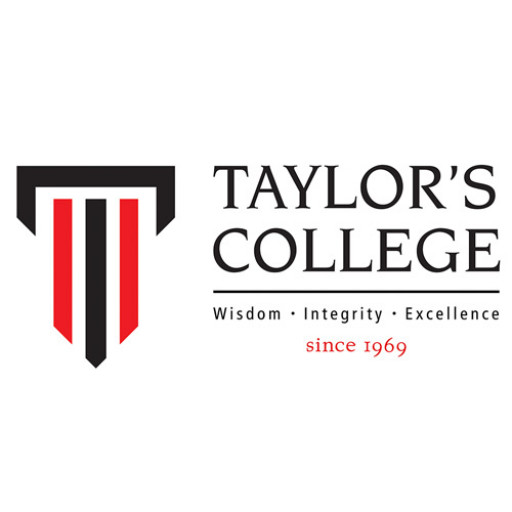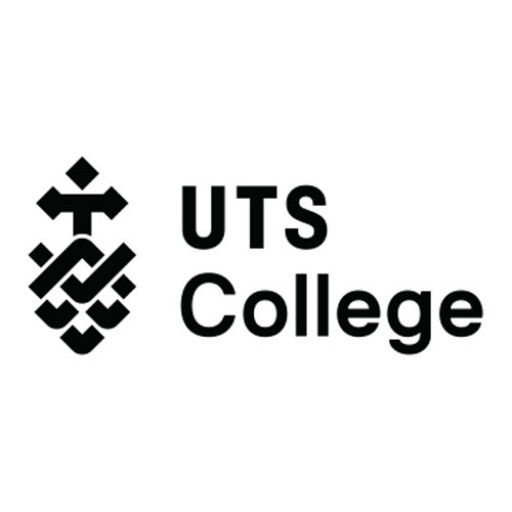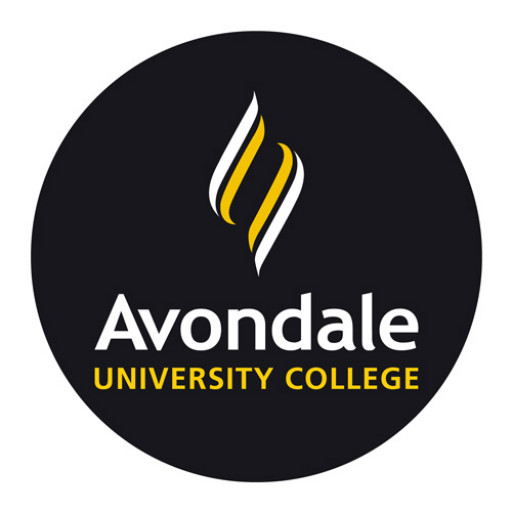Description
This course is designed to provide students with a coherent program of study in a range of disciplines in science. Graduates will have a broad scientific background to assist with future employment or to pursue further study. Students may complete one of the approved majors or design their own program of study in consultation with academic staff, taking into account their background knowledge and interests.
Graduates are awarded the advanced diploma in the major completed, for example, those who complete the Biomedical Science program will be awarded the Advanced Diploma in The Sciences (Biomedical Science).
Career Opportunities
Advanced Diploma in The Sciences graduates will have a broad scientific background to pursue further study or to assist with future employment in a range of areas requiring a basic knowledge of a particular area of science.
Detailed Course Facts
Tuition fee- EUR 14770 Year (National)
- EUR 14770 Year (International)
Languages Take an IELTS test
- English
Course Content
Course Aims
To have an understanding that
- · Science encompasses both a body of knowledge and a reliable process of discovery. It is founded upon the recognition of fundamental laws that make nature systematic and reproducible.
- · Scientists observe, measure, classify and perform experiments upon the natural world. They employ scientific methods to test hypotheses and use empirical evidence to support or refute their hypotheses. The natural variability, or uncertainty, inherent in the natural world means that scientific conclusions are reliable but contestable: they may be revised or modified as new evidence emerges. Scientists are curious about the natural world, and are creative in formulating hypotheses and in designing approaches to problem solving.
- · Mathematics is used in science to model real-world systems and scientific data are often analysed using statistical methods.
- · Science operates within a paradigm of peer review and replication that provides a collective responsibility for the reliability of scientific knowledge. Scientists have a responsibility to communicate the outcomes of their work accurately and without bias to their peers and to society.
- · Science is embedded within a context that reflects both the history of scientific endeavor and the culture of present society. Scientists generate and build knowledge, develop technologies, investigate and solve problems.
Learning Outcomes
Upon completion of this course, students will be able to:
Graduate Attributes
Knowledge of a Discipline
Graduates will understand ways of scientific thinking and the nature of science as a broad discipline. They will also have specialised knowledge in at least one sub-disciplinary area of science.
Communication Skills
Graduates will be able to communicate scientific results, information or arguments to a range of audiences and for a range of purposes.
Global Perspectives
Graduates will understand and be able to articulate, aspects of the place and importance of science in the local and global community.
Information Literacy
Graduates will be able to communicate scientific results, information or arguments to a range of audiences and for a range of purposes. They will also be able to synthesize and evaluate information from a range of sources, using a range of technologies.
Life-Long Learning
Graduates will be able to take personal responsibility for lifelong learning by demonstrating a capacity for self-directed learning.
Problem Solving
Graduates will be able to investigate and solve problems by using recognised methods of science and appropriate practical techniques and tools. Also, by formulating hypotheses, collecting valid and reliable data and incorporating quantitative evidence into arguments.
Social Responsibility
Graduates will be able to take social responsibility by recognising the relevant ethical frameworks within which science is practised and show a capacity for working responsibly and safely in both individual and team environments.
Team Work
Graduates will have an awareness of the need to function effectively as members or leaders of scientific or multidisciplinary teams.
English Language Requirements
IELTS band : 6 TOEFL iBT® test : 79
To study at this university, you have to speak English. We advice you to
take an IELTS test. More About IELTSRequirements
A candidate shall:
(a) hold a Diploma of the University or an equivalent qualification; or
(b) have satisfied the school by means of other qualifications and/or related experience, that the equivalent standard of Rule (a) has been achieved.
Work Experience
No work experience is required.
Related Scholarships*
- Academic Excellence Scholarship
"The Academic Excellence Scholarship can provide up to a 50 % reduction in tuition per semester. These scholarships will be renewed if the student maintains superior academic performance during each semester of their 3-year Bachelor programme. The scholarship will be directly applied to the student’s tuition fees."
- Alumni Study Travel Fund
Scholarships for students who are already attending the University of Reading.
- Amsterdam Merit Scholarships
The University of Amsterdam aims to attract the world’s brightest students to its international classrooms. Outstanding students from outside the European Economic Area can apply for an Amsterdam Merit Scholarship.
* The scholarships shown on this page are suggestions first and foremost. They could be offered by other organisations than University of New England.
The Bachelor of Science at the University of New England is a comprehensive undergraduate program designed to provide students with a solid foundation in scientific principles and practices. The program is structured to foster critical thinking, analytical skills, and a deep understanding of scientific methodologies across various disciplines. Students have the opportunity to explore fields such as biology, chemistry, physics, environmental science, and other specialized areas, depending on their interests and career goals. The curriculum combines theoretical coursework with practical laboratory work, field studies, and research projects, enabling students to apply their knowledge in real-world contexts.
Throughout the program, students are encouraged to develop skills in scientific communication, data analysis, and problem-solving. The university emphasizes a hands-on learning approach, equipping graduates with the technical skills required in scientific research, environmental management, healthcare, and technology sectors. The program also offers various elective courses allowing students to tailor their degree to their specific interests or to prepare for postgraduate study.
The University of New England’s Bachelor of Science program benefits from modern facilities, experienced faculty members, and strong links with industry and research institutions. This network provides students with internship opportunities, collaborative research projects, and exposure to current scientific challenges and innovations. Graduates of the program are well-prepared for careers in scientific research, environmental consultancy, healthcare, education, and various scientific industries. They also have the academic grounding to pursue further studies at the master's or doctoral level. The program aims to cultivate not only scientific expertise but also ethical considerations and sustainability awareness, preparing students to contribute meaningfully to their communities and the global environment.







